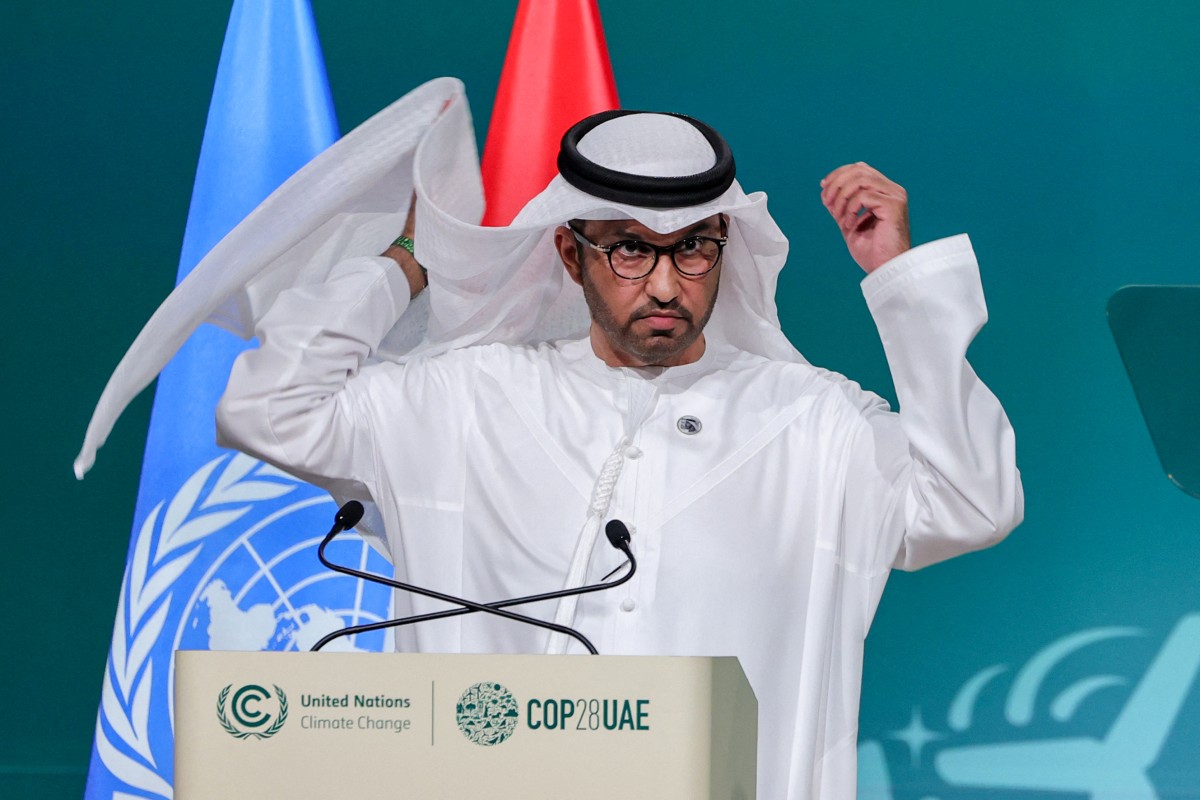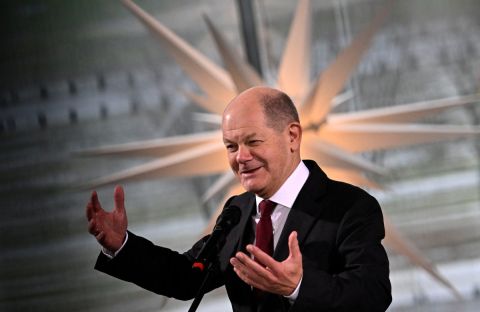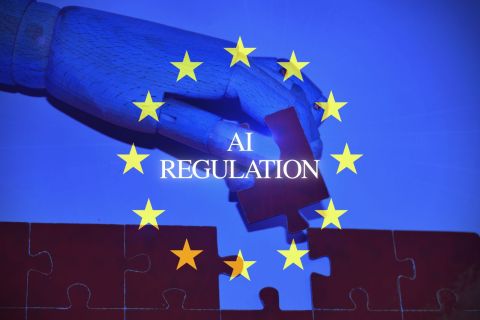ALBAWABA – The climate summit, COP28 in Dubai, passed the first-ever pledge to transition away from fossil fuels on Wednesday, proposed by the United Arab Emirates (UAE), sans the phase out.
After 13 days of talks and several sleepless nights in a country built on oil wealth, the Emirati president of the UN-led COP28 in Dubai banged the gavel to signal the world had reached consensus.
Even though this pledge falls short of the phase out most countries wanted, including the United States and European Union, it does break new ground, according to Bloomberg.
No previous COP text has mentioned moving away from oil and gas, the fuels that have underpinned the global economy for decades.
"You did step up, you showed flexibility, you put common interest ahead of self-interest," said summit president Sultan al-Jaber, whose role as head of the UAE's national oil company raised suspicion.
Describing the deal as bringing "transformational change" on climate, Jaber said of the UAE's diplomacy: "We have helped restore faith and trust in multilateralism, and we have shown that humanity can come together."

Head of the UAE national oil company Sultan al-Jaber, presiding over COP28 in Dubai, announced the passing of the landmark fossil fuels pledge, no phase out - AFP
EU climate chief Wopke Hoekstra called the agreement "long, long overdue", saying it had taken nearly 30 years of climate meeting to "arrive at the beginning of the end of fossil fuels".
According to Agence France-Presse (AFP), Jaber carefully calibrated the text to bring onboard countries from islands that fear extinction from rising sea levels to oil giant Saudi Arabia.
Noting that the latter had earlier led the charge on the COP28 in Dubai, along with the Organization of Petroleum Exporting Countries and its allies (OPEC+) to keep phase out language out of any such pledge.
As a result, the pledge now calls for "transitioning away from fossil fuels in energy systems, in a just, orderly and equitable manner," AFP reported.
It calls for expanding action "in this critical decade". It also recommits to no-net greenhouse gas emissions by 2050 in hopes of meeting the increasingly elusive goal of checking warming at 1.5 degrees (2.7 Fahrenheit) above pre-industrial levels.
The planet has already warmed by 1.2 degrees, according to AFP, and scientists say 2023 was likely the warmest in 100,000 years, as storms, droughts and lethal wildfires expand around the world.









